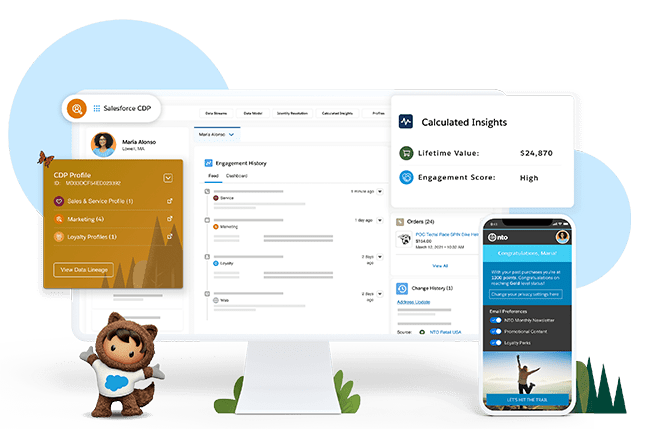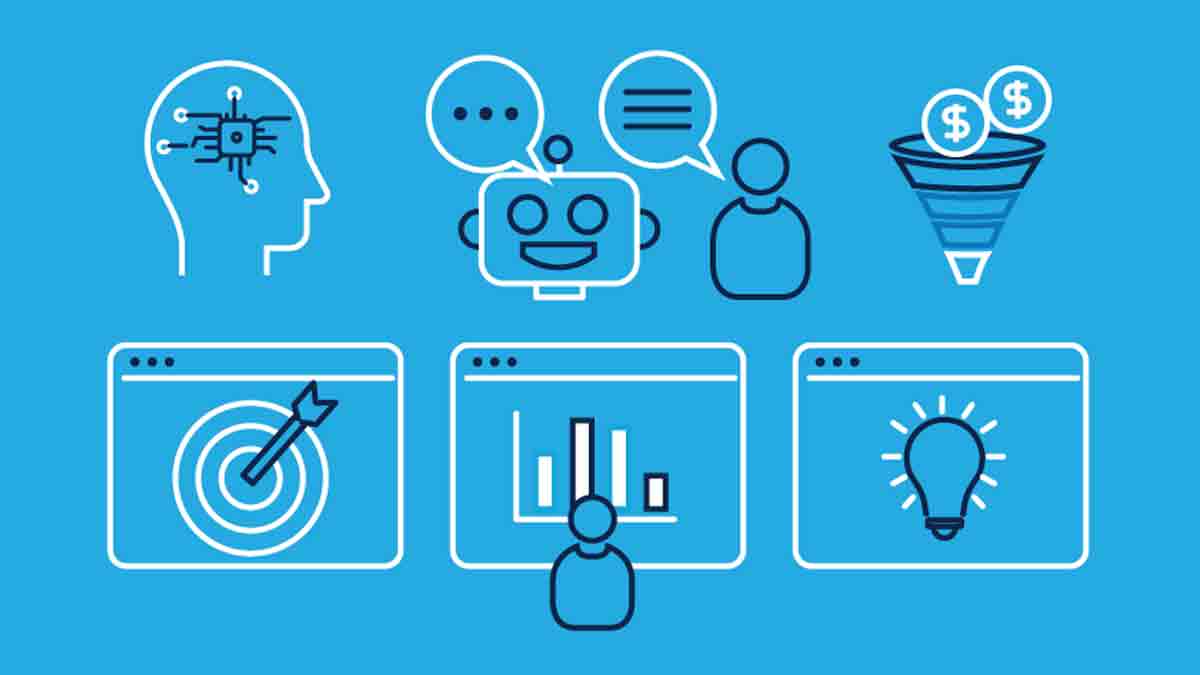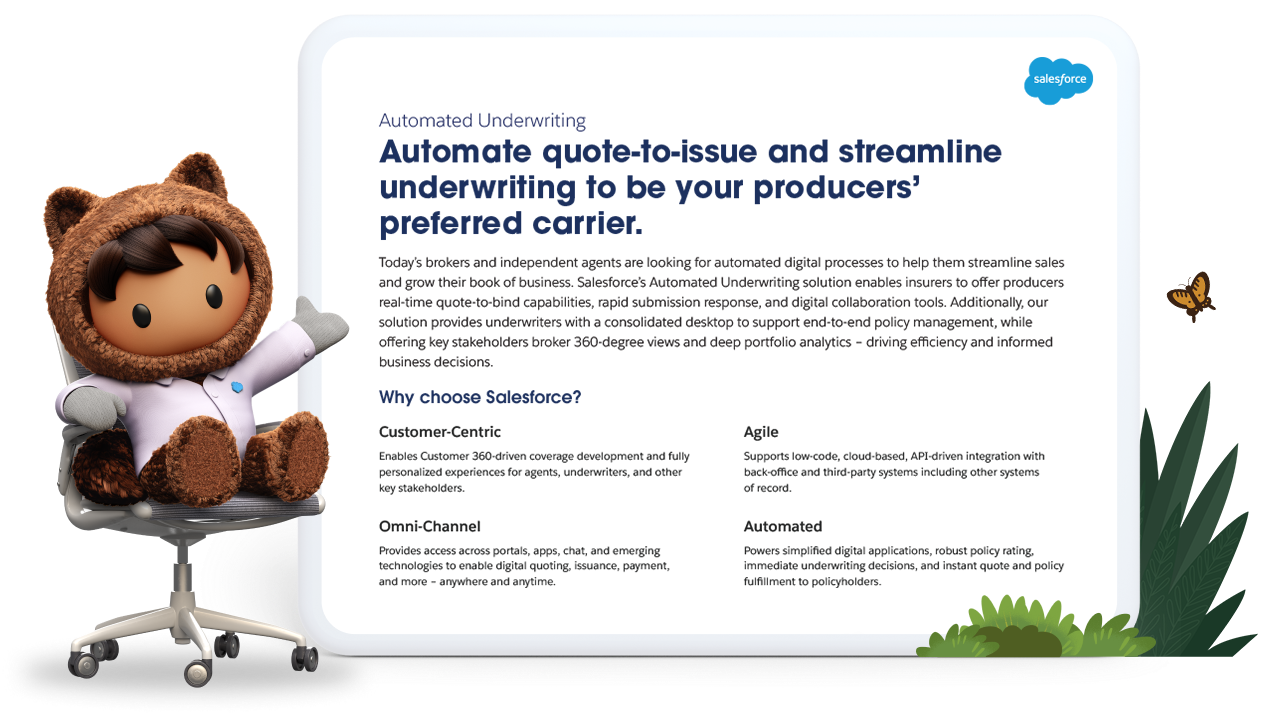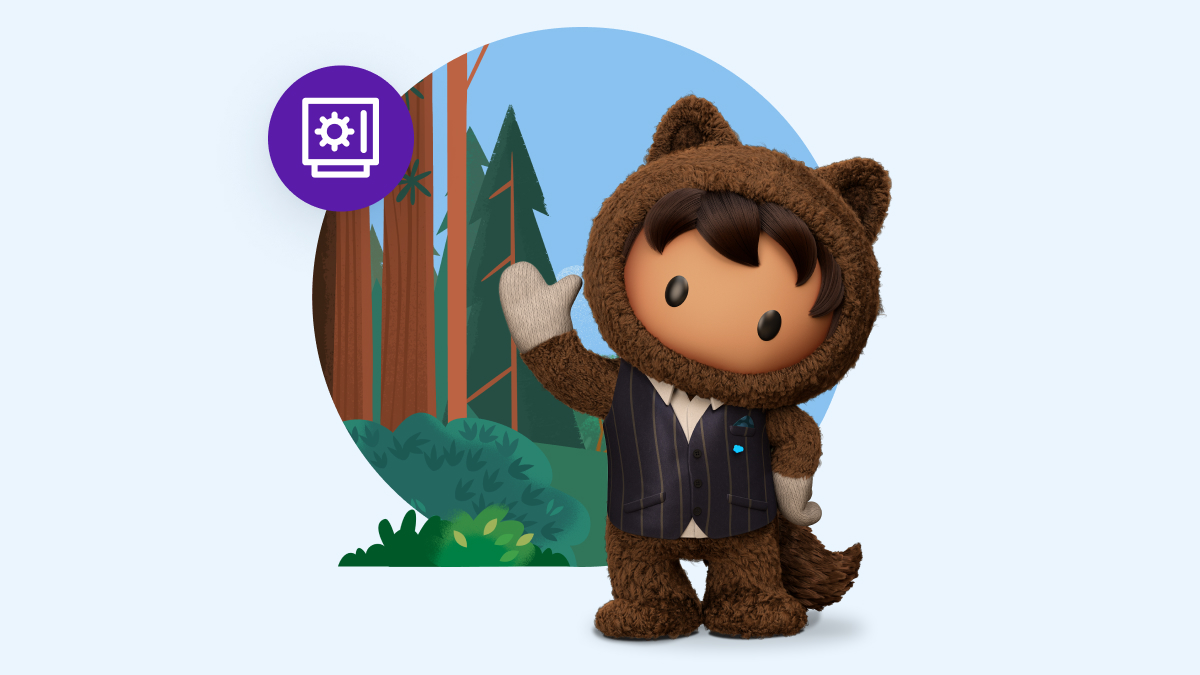Trust Is the Media Industry’s Most Valuable Currency
The sunset of the third-party cookie has put media companies in the role of guardians of customer data. For them to win an increasingly complicated war for attention, they must prove their trustworthiness to their customers and that they’re deserving of consent to leverage their data safely and effectively. As part of that agreement, customers expect unprecedented value in return: secure experiences that are curated and personalised just for them. But what does it take to earn that trust?
To find out, Salesforce surveyed over 11,000 consumers throughout 2021 and some fascinating insights around privacy and information-sharing emerged. Dive into these findings to learn how media companies can earn the trust it takes to obtain consumers’ information and deliver the personalised experiences they crave.
of consumers want more transparency over how their information is being used.
The Cookieless Future
of consumers prefer keeping their data private rather than getting a personalised experience online.
First-Party Data and the Value Exchange
While Salesforce research has found that 54% of consumers prioritise privacy over personalisation, media companies have an inherent advantage when it comes to collecting data. Consumers consent to a certain amount of data collection whenever they sign up for a subscription service. AI built into each service’s platform can then begin to understand that consumer and create personalised experiences by serving up similar content based on a customer’s consumption history.
Our research has also shown that from a survey size of over 11,000 respondents, 73% are willing to offer up personal data in exchange for benefits such as discounts (51%), better content (33%), and more relevant ads (14%).
of Millennials and Gen Z consumers are willing to share their information in exchange for more personalised experiences.
Examining the results by generation uncovers an even wider gap, with 46% of Boomers unwilling to disclose their data versus only 16% of Millenials and 11% of Gen Zers. Younger generations tend to spend more of their time online and are more willing to offer their information to get something in return: nearly 1 in 4 Gen Zers are game to offer their information to get more relevant ads and over 40% of Millennials and Gen Zers are willing to share their info in exchange for better content. With that in mind, media companies need to take full advantage of their openness and gather data across multiple touchpoints to create personalised experiences for their subscribers. Media companies should consider taking a page out of playbooks from Trailblazers like NBCUniversal. They have harnessed the power of the data they collect with technology that allows them to deliver more relevant and customised experiences based on the viewing habits and preferences of their subscriber base.
Media companies should also consider loyalty programs, especially since these aren’t widespread in the industry. Loyalty programs also have the added benefit of capturing customer data during enrollment that media companies can use to improve personalisation and offer more resonant experiences. 60% of Boomers, 89% of Millennials, and 90% of Gen Zers would consider enrolling in loyalty programs in exchange for discounts, early access to products or services, and other perks. It’s a prime opportunity to one-up your competitors, keep your customers engaged, and earn their trust.
Want more insights?
Check out our Media Industry Consumer Sentiment Snapshot.
5 Steps for Building Trust with Transparency
You have their consent, now what?
Personalise every moment

More resources

The 6 Greatest Benefits of CRM Platforms

How do we make customer-centricity more than a tagline?












